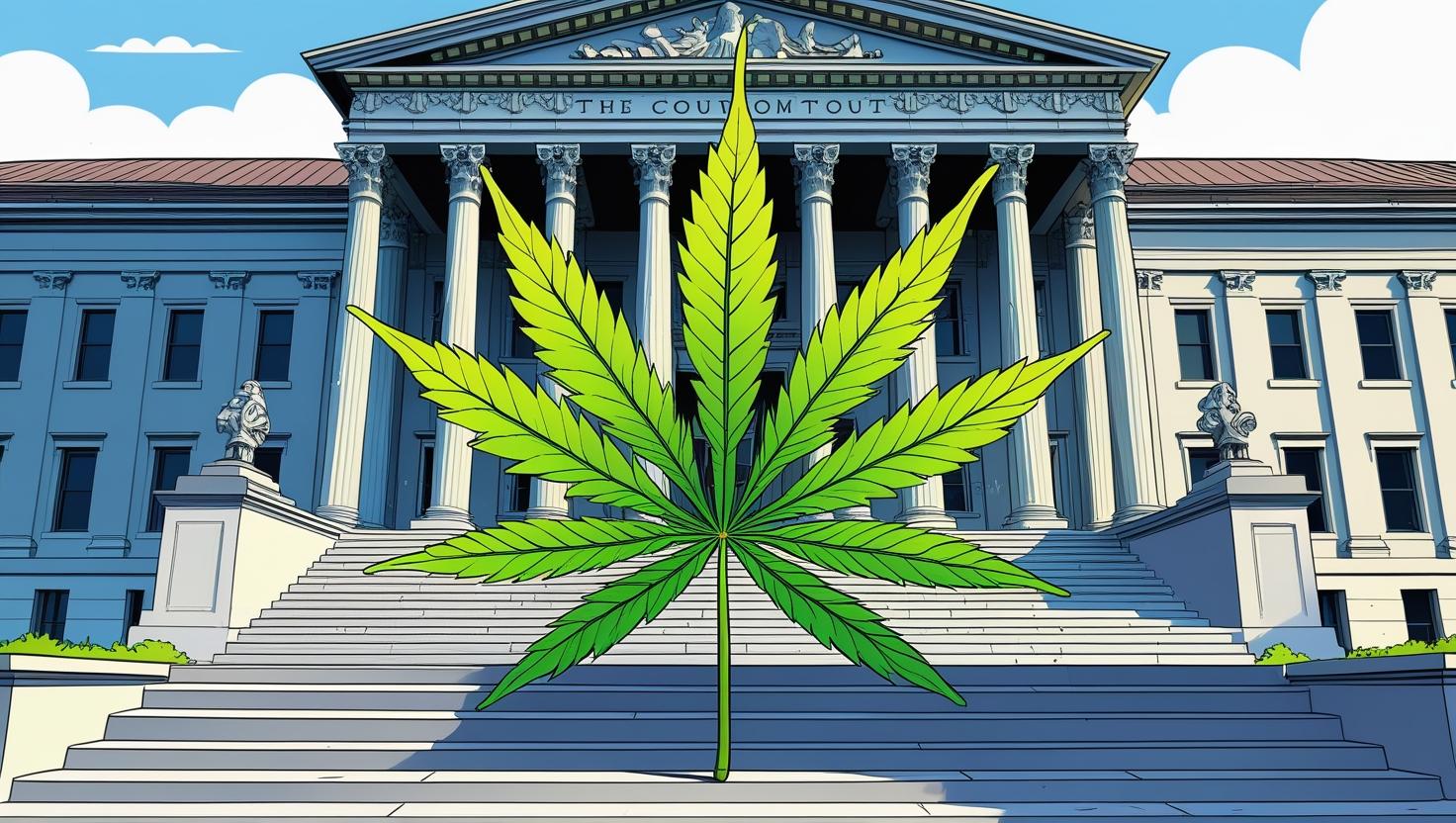Cannabis culture has undergone a dramatic transformation in recent years, driven largely by a wave of legalization across numerous countries and U.S. states. What was once a taboo subject is now at the center of mainstream policy, business, and public health discussions. This article explores the far-reaching effects of cannabis legalization, examining its influence on social norms, economic growth, and public health.
A Changing Legal Landscape
Cannabis has been used for thousands of years, but the 20th century saw its widespread criminalization. In contrast, the 21st century has ushered in a new era of reform. As of 2023, recreational cannabis is legal in countries like Canada and in dozens of U.S. states, while medical use is permitted in many more nations around the world.
This shift reflects not just changes in legislation but a broader cultural reappraisal. Growing public awareness of cannabis’s potential benefits, combined with ongoing education and advocacy, has helped reframe its role in society.
Social Impacts of Legalization
Legal cannabis has had a deep social impact, breaking down stigma and sparking conversations about justice, equity, and community.
1. Reducing Stigma
With legalization, cannabis use is no longer relegated to secrecy. People feel more comfortable discussing their consumption openly, encouraging transparency, reducing shame, and promoting responsible use.
2. Strengthening Community Connections
Licensed dispensaries often go beyond business, sponsoring local events, contributing to charitable causes, and fostering a stronger sense of community engagement.
3. Advancing Social Justice
Legalization has intensified efforts to address the historic injustices of the War on Drugs. Many reform initiatives include expungement programs, equity licensing, and reinvestment in communities disproportionately harmed by past drug enforcement.
Economic Growth and Opportunity
Cannabis legalization has created a thriving new economic sector, bringing both employment and revenue.
1. Job Creation
From cultivation and manufacturing to retail and logistics, the cannabis industry has created tens of thousands of jobs. This growth supports local economies and offers new career paths in regions once hit hard by industrial decline.
2. Tax Revenue
Legal cannabis generates significant tax income for state and local governments. In states like Colorado and California, cannabis taxes fund education, infrastructure, public health, and drug prevention programs.
3. Cannabis Tourism
Legal markets are also attracting tourists seeking cannabis-friendly experiences, boosting revenue for hotels, restaurants, and local attractions.
Health Implications and Public Education
Legalization brings both opportunities and challenges in the realm of health. While cannabis has documented medical benefits, especially for pain, anxiety, and insomnia, responsible use and education are key to minimizing potential risks.
1. Promoting Responsible Use
Legal frameworks provide a platform for educating consumers about dosing, potency, product types, and safe consumption practices—areas that were once obscured in the illicit market.
2. Enabling Medical Research
Legalization has paved the way for more robust clinical studies on cannabis’s effects, helping doctors and patients make informed, evidence-based decisions.
3. Public Health Safeguards
Legal markets support campaigns to discourage underage use, prevent impaired driving, and encourage moderation—all essential to keeping communities safe and healthy.
Conclusion: A Culture in Transition
Cannabis legalization is reshaping more than just laws—it’s transforming economies, communities, and cultural attitudes. As we navigate this shift, it’s vital to prioritize responsible use, equitable reform, and public health.
Looking ahead, striking the right balance will be key: supporting personal freedom and medical access while safeguarding vulnerable populations and addressing past harms. With thoughtful policy and continued education, society can harness the potential of cannabis in a way that benefits all.
FAQs
1. What are the main benefits of cannabis legalization?
Legalization reduces stigma, creates jobs, increases tax revenue, and opens the door to medical and therapeutic benefits through regulated access.
2. How has cannabis legalization affected crime rates?
Some studies suggest that legalization reduces cannabis-related arrests and certain drug crimes, though broader crime trends can vary by region.
3. Is cannabis safe for everyone?
Cannabis is not universally safe. Age, mental health history, and underlying medical conditions should all be considered when evaluating its use.
4. What about youth access and cannabis?
Preventing underage use is a central concern. Education, age restrictions, and public awareness campaigns are essential components of responsible legalization.
5. How does cannabis taxation benefit communities?
Tax revenue from legal sales funds schools, infrastructure, healthcare, and community programs, contributing to overall social welfare.
Cannabis is not just a passing trend—it’s a time-honored botanical with a rich history of healing. For too long, its medicinal potential has been clouded by stigma and legal barriers, leaving many without access to natural relief. Now that medical cannabis is legal in Georgia, residents have a safe, plant-based alternative worth considering. If you believe it could support your health, apply today for your 5-year medical cannabis card.
Click Below to Apply for a Georgia Medical Cannabis Card

STILL HAVE QUESTIONS? CLICK BELOW FOR FAQ


